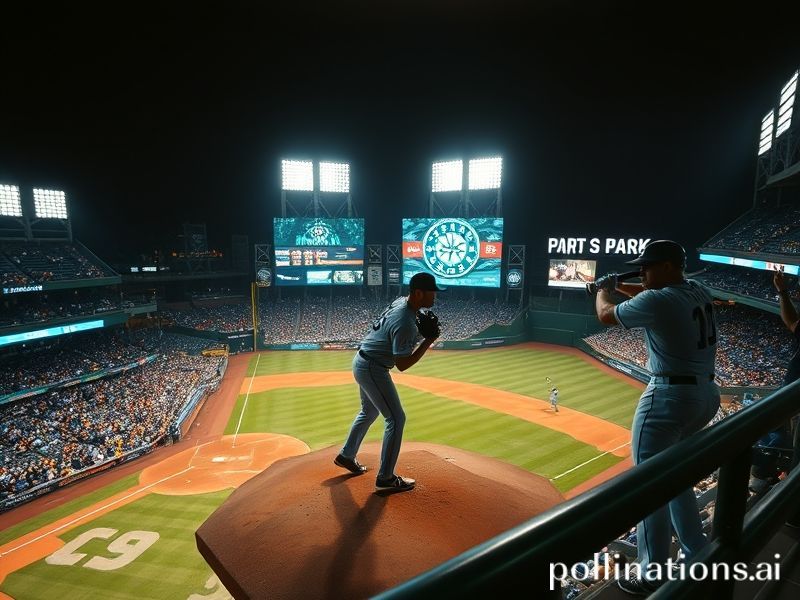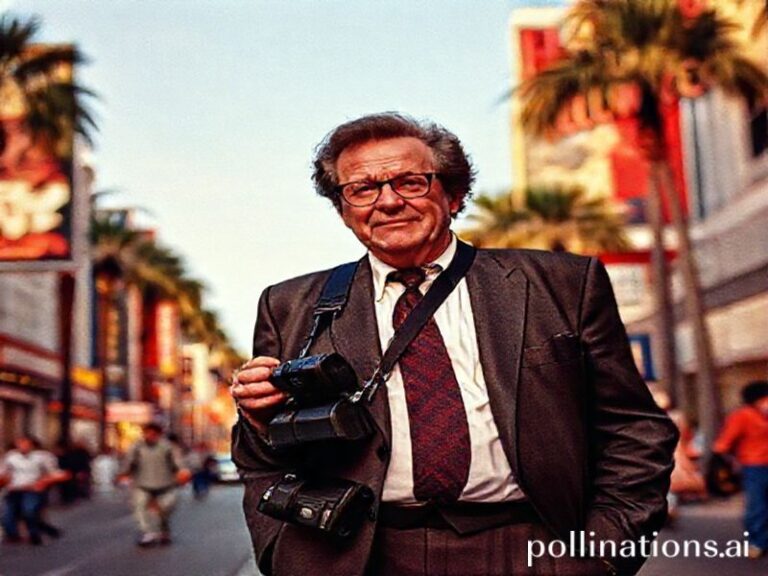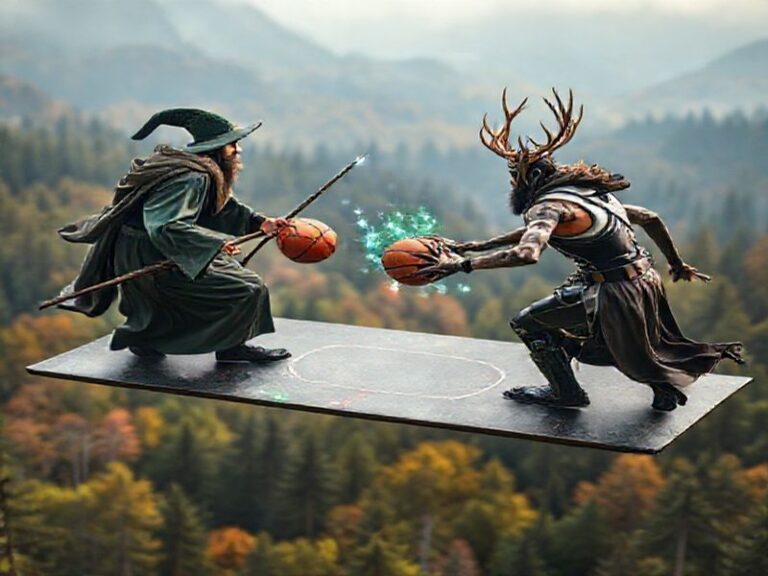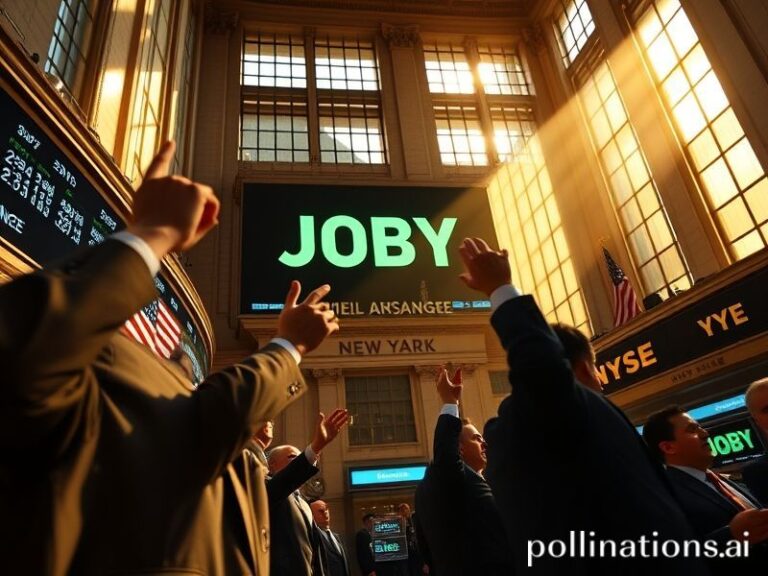Mariners vs Braves: A 7,000-Mile Fable of Globalized Baseball and Manufactured Hope
Mariners vs. Braves: A 7,000-Mile Proxy War for the Soul of Late-Stage Baseball
Somewhere between the Space Needle and the Chattahoochee, two ball clubs—one named after 19th-century sailors, the other after Confederate infantry—are locked in a contest that feels less like sport and more like a blue-screen error in globalization’s operating system. The Seattle Mariners and Atlanta Braves will meet this week, and the rest of the planet will yawn, check crypto prices, and scroll on. Yet beneath the surface indifference, the series is a tidy allegory for our fractured century: supply-chain disruptions, imperial nostalgia, and the stubborn human urge to watch millionaires throw leather while the oceans boil.
Let’s begin with distance. The flight from Sea-Tac to Hartsfield-Jackson is 2,182 miles as the crow flies, longer than Madrid to Tehran. In baseball terms, that’s roughly the same gap separating the average American’s attention span from the rulebook. The Mariners, whose payroll is bankrolled by Microsoft dividends and overpriced lattes, carry the hopes of a city that once gave the world Boeing, grunge, and the concept of passive-aggressive coffee. The Braves, meanwhile, represent the Sun Belt’s triumphant sprawl—an exurban empire built on discount airlines, Chick-fil-A, and the lingering suspicion that Sherman’s March was fake news.
Global implications? Naturally. Japan’s Rakuten owns the naming rights to Seattle’s ballpark, ensuring that every Ichiro highlight is legally required to include a corporate katakana subtitle. Latin America’s talent pipeline—Venezuelan shortstops, Dominican sluggers, Cuban defectors—keeps both dugouts stocked like an offshore call center. And the baseballs themselves, now juiced tighter than a Russian oligarch’s offshore account, are assembled in a Costa Rican factory where workers earn less per hour than a single peanut in the luxury suite.
The stakes, if you squint, are geopolitical. Seattle’s Julio Rodríguez, fresh off a WBC triumph that briefly made the Dominican Republic forget its rolling blackouts, swings a bat carved from maple harvested in the same Canadian forests China’s currently eyeing for pulp mills. Atlanta’s Ronald Acuña Jr., whose Instagram following exceeds the population of Iceland, has become a one-man soft-power campaign for a Venezuela that exists more in highlight reels than in passport stamps. When they collide on the basepaths, it’s less baseball than a World Bank negotiation with cleats.
Meanwhile, the metrics industry—those Ivy League quants who turned America’s pastime into a spreadsheet in cleats—has reduced the game to exit velocity, spin rate, and WAR, a stat so abstract it could double as a NATO treaty acronym. Fans in Seoul, Stockholm, and São Paulo now track these numbers on gambling apps that launder crypto through blockchain faster than you can say “umpire review.” The sport’s soul, assuming it ever had one, has been uploaded to the cloud and is currently buffering behind a paywall.
And yet. For three muggy nights in Georgia, or three soggy ones in Puget Sound, the illusion persists. Fathers still hand down scorebooks like samizdat; grandmothers still curse umpires in dialects that predate the DH. The beer costs a day’s wage in Lagos and a heartbeat in Zurich, but the foam tastes the same. Somewhere in Section 312, a kid who’s never seen the ocean will catch a foul ball and feel, for one merciful moment, that the world is small enough to fit in a leather sphere.
When the final out lands in the catcher’s mitt, the Mariners will fly home to fret about wild-card odds, the Braves will resume their October rehearsal, and the planet will keep spinning toward the next catastrophe. But the box score will remain, archived in a server farm cooled by glacial runoff, proof that for nine innings we agreed to pretend the universe cared about sliders and sacrifice flies. That, dear reader, is the most American export of all: the ability to monetize hope, slap a corporate logo on it, and still call it tradition.







